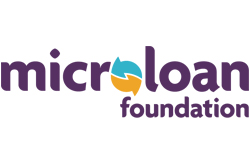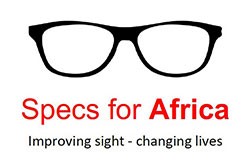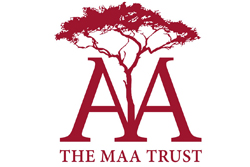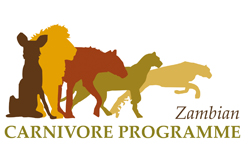Our Responsible Efforts
Many of our partners within Africa are amongst world leaders in responsible and sustainable tourism.
As well as working closely with these responsible operators in Africa, we are also very keen to do our part both at home and overseas. In Africa, there is a never-ending list of conservation initiatives and community projects that deserve support, and we do what we can to help with donations and affiliations.
WHO WE SUPPORT
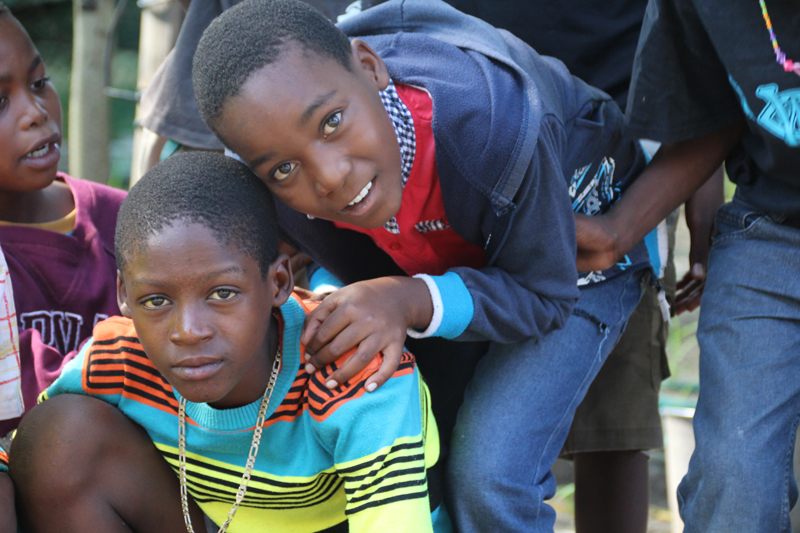
Bana Ba LetSatsi
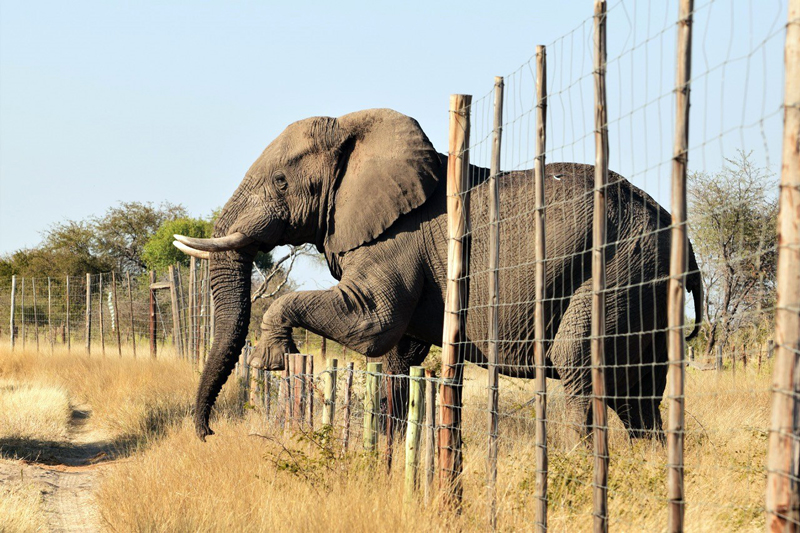
Elephants for
Africa
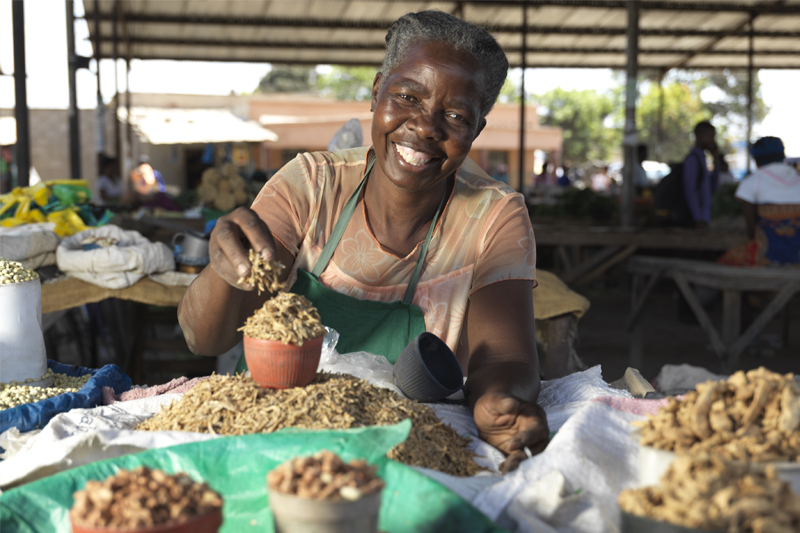
MicroLoan Foundation
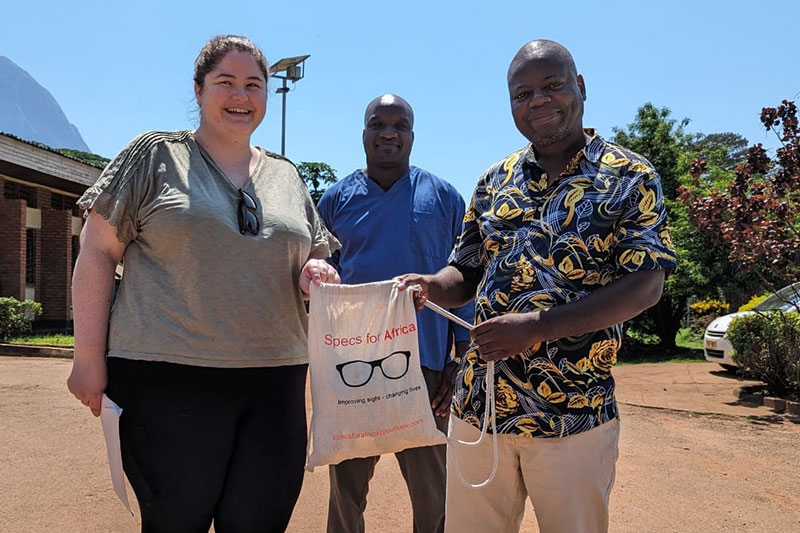
SPECS FOR AFRICA
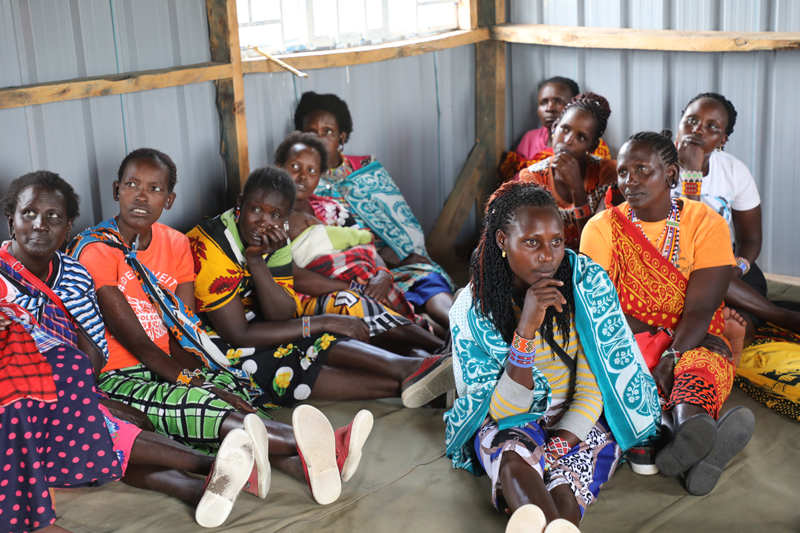
The
Maa Trust
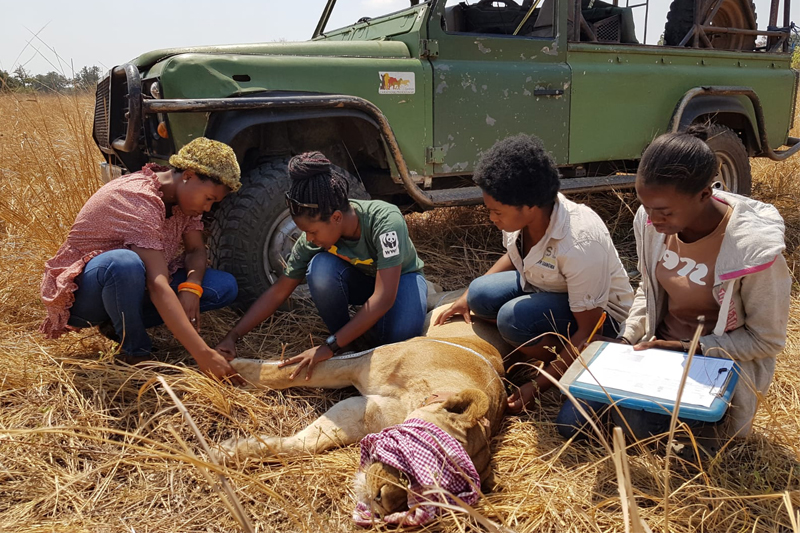
Zambian Carnivore
Programme
Previously Supported Initiatives
We have sponsored students through secondary education in Kenya via the Loldia School Fund which involves a five year commitment for each student. For a number of years we also provided two bursaries per annum at Koiyaki Guiding School in Kenya’s Masai Mara to help uplift the local Maasai youth with education in the tourism industry and eco-friendly land management. We have been members of the South Luangwa Conservation Society in Zambia and have made monetary donations to them. We have also donated various ad hoc amounts to many other smaller projects as well as school books and equipment to the Olkimitare School in the Masai Mara, leaflets for Mandia Primary School in Zambia, football boots for a local team on Likoma Island in Lake Malawi, sponsoring overseas visits for African guides to gain international exposure and funding ranger training courses in the Olare Motorogi Conservancy, Masai Mara. Whilst we do not employ guides and porters directly, we are also supporters of, and encourage our suppliers to conform to the standard of practise laid down by the Kilimanjaro Porters Assistance Project.
Carbon Emissions
We believe that safari tourism has an incredible capacity to create a positive impact. However, it’s vital we recognise that long haul travel contributes to carbon emissions. While these emissions are far more complex than simply offsetting flights, as part of our carbon approach we currently support two REDD+ projects, while we also look closely at the footprint across all areas of our business. REDD+ stands for Reducing Emissions from Deforestation and Forest Degradation, and is a UN-backed framework that aims to prevent deforestation and protect important carbon sinks, while providing alternative livelihoods for local communities living in and around the forest area.
We directly support the following projects, ensuring maximum impact:
The Chyulu Hills REDD+ Project protects 410,000 hectares of forest in southern Kenya, a critical landscape linking together two of Kenya’s most important wildlife and wilderness areas.
The Mai Ndombe REDD+ Project helps protect over 250,000 hectares of rainforest in the western DRC from commercial logging – the forest is home to chimpanzees, bonobos and forest elephants, and includes some of the most important wetlands in the world. It is also home to over 50,000 people.
What we do at home
Our commitment to responsible tourism in Africa does not absolve our environmental efforts at home in the UK. We have an in-house green travel policy for our staff, in the office we use low energy light bulbs and our electricity supply is derived 100% from green/renewable resources through our supplier, Ecotricity. We also have recycling schemes in place and our milk is supplied in glass bottles to avoid single use plastic. Our stationery is from managed resources and we print only as much of our general information as required and do so double-sided or on single sided waste paper too. Some staff members have even purchased their bikes from Re-Cycle who donate unwanted bikes rural communities in West Africa. Based near our office in Suffolk, Re-Cycle also hold a monthly sale for the small number of bikes that are not suitable for the African landscape. We are members of The Association of Independent Tour Operators (AITO) who actively promote sustainable tourism practices.
SUPPORTING TRANSFRONTIER CONSERVATION AREAS
There are currently 7 Transfrontier Conservation Areas (TFCA) in Southern Africa, with the best known being the KAZA TFCA. This initiative is led by the governments of the five partner countries that make up this region – Botswana, Zimbabwe, Zambia, Namibia and Angola. Its mission is “To sustainably manage the Kavango Zambezi ecosystem, its heritage and cultural resources based on best conservation and tourism models for the socio-economic well-being of the communities.” The focus is on conservation and sustainable rural development. A treaty was signed to this effect and financial support secured – the largest supporter to date is the German Government.
At Safari Consultants, we have been promoting this area for a number of years, with carefully crafted itineraries that often combine the different countries (with the exception of Angola). Hwange, Victoria Falls, Zambezi, Mosi au Tunya, Chobe, Caprivi, Linyanti and Okavango form the core of this KAZA region, with many incredible highlights to experience.
However KAZA is huge, and comprises a mosaic of land uses, with 36 formally proclaimed national parks and numerous other protected areas and communal lands. The amount of flora and fauna is outstanding, home to nearly 75% of southern Africa’s elephants, 24% of the world’s remaining endangered wild dog and around 600 bird species. But there is more to experiencing KAZA than conventional safari activities and wildlife encounters on game drives, bush walks and boat excursions. There are numerous rewarding experiences through engaging with the community, culture and conservation of KAZA. By supporting such itineraries, we are assisting with KAZA’s objectives to manage the Kavango-Zambezi ecosystem by putting into practice sustainable tourism and conservation models, while at the same time providing economic opportunities and upliftment to local communities. This often involves mitigation of human-wildlife conflict, especially in Wildlife Dispersal Areas (WDAs). Wildlife Dispersal Areas have been identified as a priority in KAZA’s Integrated Management Plan, as they facilitate free movement of animals, and elephant are known to migrate between Chobe National Park and neighbouring countries for example.
There are numerous innovative examples of how this mitigation of human-wildlife conflict is being done, such as building lion-proof cattle kraals and enlisting local communities to be wildlife guardians in return for financial benefits. Such projects are intrinsically linked to KAZA’s efforts to facilitate free movement of animals along six identified WDA corridors, allowing wildlife to follow their instinct to migrate across great distances, irrespective of country borders.
We are very aware that without the committed protection of Africa’s wildlife by anti poaching units, there would be no safari tourism, and the natural ecology and local economy would collapse. Transboundary law enforcement operations are also being undertaken and are set to increase as part of KAZA’s ongoing efforts to harmonise and strengthen collaboration. Anti-poaching is absolutely critical for KAZA. In the Victoria Falls area, more than 850 poachers have been arrested and over 22000 snares have been removed. In the Sebungwe region of Lake Kariba, ivory poaching has all but ceased due to concerted anti-poaching efforts, after the loss of 11000 elephants (75% of the local population) since 2006.
Tourism is essential to the wildlife economy in KAZA and directly contributes to these praiseworthy custodians of Africa’s wildlife. At Safari Consultants we will continue to support sustainable tourism to such areas, whilst at the same time providing incredible holiday experiences.



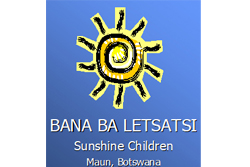
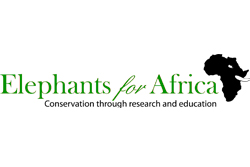 Elephants for Africa work to establish a sustainable coexistence between humans and elephants in Northern Botswana through research and education. Their aim is to protect this iconic species by understanding the needs of both the elephants and the people who live in the areas in which they traverse. The charity carries out research on male African elephants (the majority of research is into females) to learn more about their social and ecological requirements. Outreach programmes and entrepreneurial workshops are conducted in the local communities; partnerships are established and developed with the farmers who are taught how elephants use landscape, land management and how to introduce elephant corridors in effective areas as well as methods of crop protection.
Elephants for Africa work to establish a sustainable coexistence between humans and elephants in Northern Botswana through research and education. Their aim is to protect this iconic species by understanding the needs of both the elephants and the people who live in the areas in which they traverse. The charity carries out research on male African elephants (the majority of research is into females) to learn more about their social and ecological requirements. Outreach programmes and entrepreneurial workshops are conducted in the local communities; partnerships are established and developed with the farmers who are taught how elephants use landscape, land management and how to introduce elephant corridors in effective areas as well as methods of crop protection.